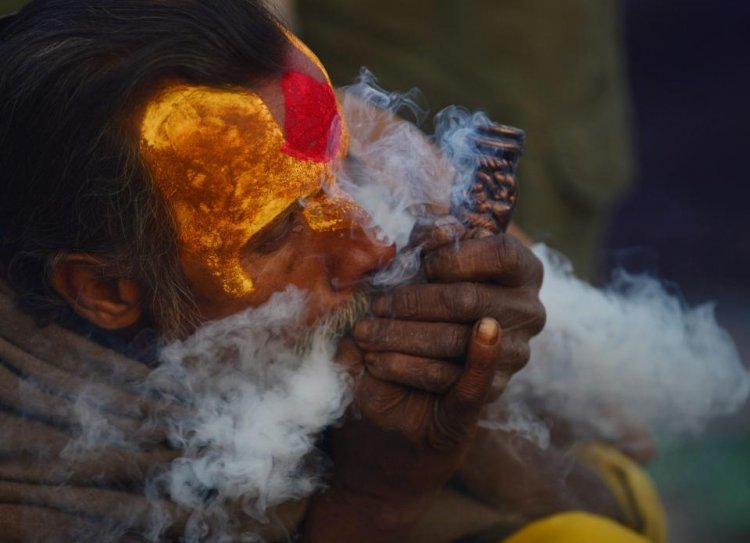Celebrating Shiva Ratri with Gaja: History and Tradition
Learn about the history and tradition of celebrating Shiva Ratri with Gaja (cannabis) in Nepal, as well as the advantages and disadvantages of its use.

Shiva Ratri, the night of Lord Shiva, is one of the most important Hindu festivals celebrated throughout the world. It is a night of great significance, where devotees observe fasts, perform pujas, and offer prayers to the deity. One of the interesting aspects of this festival is the use of Gaja, also known as cannabis or marijuana, in the celebration. In this article, we will explore the history and tradition of celebrating Shiva Ratri with Gaja in Nepal, as well as the advantages and disadvantages of its use.
History and Tradition
The use of Gaja (cannabis) in Shiva Ratri celebrations has a long history rooted in Hindu mythology. According to the legend, Lord Shiva is said to have consumed Gaja to gain spiritual insights and escape from the worldly troubles.
During the Shiva Ratri festival, devotees consume Gaja in various forms, such as smoking, drinking, or eating it in sweets. It is believed that Gaja helps to connect the devotee with Lord Shiva and facilitates spiritual experiences. The use of Gaja in Shiva Ratri celebrations is mainly prevalent in northern India, especially in states like Uttar Pradesh and Bihar.
In Nepal, the use of Gaja during Shiva Ratri celebrations has also become a tradition. The practice is believed to have started in the 17th century, when King Pratap Malla of Kathmandu began offering cannabis to Lord Shiva as part of the annual festival. The tradition has continued to this day, and many Nepalis consume Gaja during the festival as a way to connect with the deity and experience spiritual insights.
Advantages and Disadvantages of Using Gaja(Marijuana)
Advantages:
-
Spiritual Experience:
The use of Gaja is believed to facilitate spiritual experiences, which helps devotees connect with Lord Shiva and experience a deeper sense of devotion. -
Relief from Pain:
Gaja has been used for centuries as a pain reliever, which can be helpful for those who suffer from chronic pain or other ailments. -
Relaxation:
Gaja is known for its ability to relax the mind and body, which can be useful for those who suffer from anxiety or stress.
Disadvantages:
-
Legal Implications:
The use of Gaja is illegal in Nepal, and those caught possessing or using it could face legal consequences. -
Health Risks:
The long-term use of Gaja can lead to a variety of health risks, including respiratory problems, memory loss, and other negative side effects. -
Addiction:
Gaja has addictive properties, and its prolonged use can lead to dependence and addiction.
In conclusion, the use of Gaja in Shiva Ratri celebrations has a long and interesting history in Nepal. While it has some advantages, including spiritual experiences, pain relief, and relaxation, it also has significant disadvantages, including legal implications, health risks, and addiction. Therefore, it is important to approach the use of Gaja during Shiva Ratri celebrations with caution and to seek guidance from spiritual leaders and health professionals before consuming it. Additionally, it's important to respect the laws and regulations regarding cannabis use in Nepal, and to find alternative ways to connect with Lord Shiva during the festival.
What's Your Reaction?




































































































